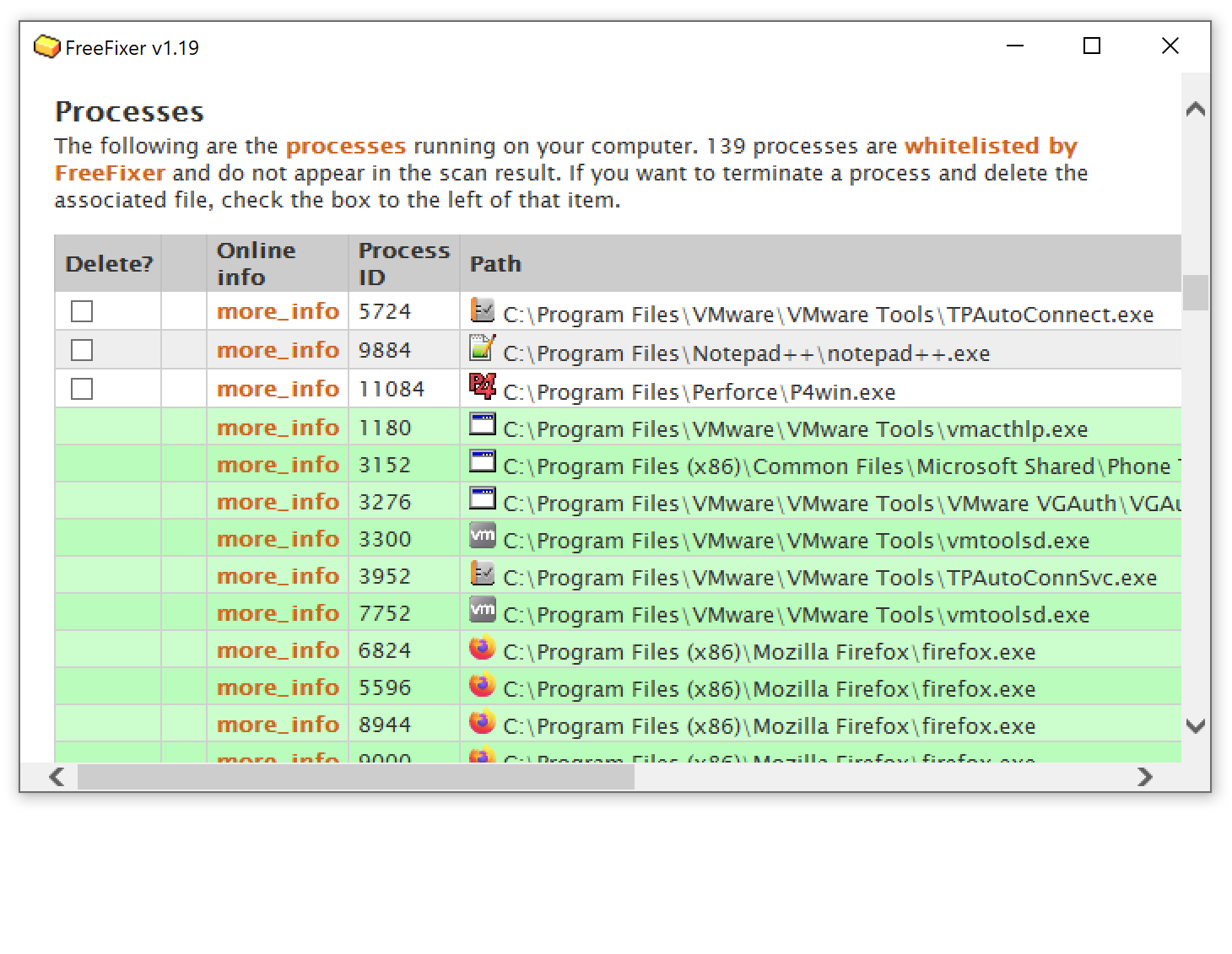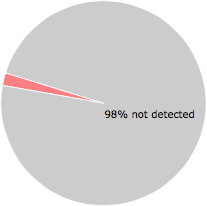What is dxdiag.exe?
dxdiag.exe is part of Microsoft® Windows® Operating System and developed by Microsoft Corporation according to the dxdiag.exe version information.
dxdiag.exe's description is "Microsoft DirectX Diagnostic Tool"
dxdiag.exe is digitally signed by Microsoft Windows.
dxdiag.exe is usually located in the 'c:\Windows\SoftwareDistribution\Download\7afaf3eabccda3d5ecb20b960aa471d4\x86_microsoft-windows-d..x-directxdiagnostic_31bf3856ad364e35_6.3.9600.17415_none_b8aff7957923fa96\' folder.
Some of the anti-virus scanners at VirusTotal detected dxdiag.exe.
If you have additional information about the file, please share it with the FreeFixer users by posting a comment at the bottom of this page.
Vendor and version information [?]
The following is the available information on dxdiag.exe:
| Property | Value |
|---|---|
| Product name | Microsoft® Windows® Operating System |
| Company name | Microsoft Corporation |
| File description | Microsoft DirectX Diagnostic Tool |
| Internal name | dxdiag.exe |
| Original filename | dxdiag.exe |
| Legal copyright | © Microsoft Corporation. All rights reserved. |
| Product version | 6.3.9600.17415 |
| File version | 6.3.9600.17415 (winblue_r4.141028-1500) |
Here's a screenshot of the file properties when displayed by Windows Explorer:
| Product name | Microsoft® Windows® Operating System |
| Company name | Microsoft Corporation |
| File description | Microsoft DirectX Diagnostic Tool |
| Internal name | dxdiag.exe |
| Original filename | dxdiag.exe |
| Legal copyright | © Microsoft Corporation. All rights.. |
| Product version | 6.3.9600.17415 |
| File version | 6.3.9600.17415 (winblue_r4.141028-15.. |
Digital signatures [?]
dxdiag.exe has a valid digital signature.
| Property | Value |
|---|---|
| Signer name | Microsoft Windows |
| Certificate issuer name | Microsoft Windows Production PCA 2011 |
| Certificate serial number | 330000004ea1d80770a9bbe94400000000004e |
VirusTotal report
1 of the 57 anti-virus programs at VirusTotal detected the dxdiag.exe file. That's a 2% detection rate.
Hashes [?]
| Property | Value |
|---|---|
| MD5 | 0ae0600292768660deed436fcbfe1bb1 |
| SHA256 | fcb3a1bcbe786c808f6acc7cc0a8906deb37c83b170a937f9cca5635fcea35e5 |
Error Messages
These are some of the error messages that can appear related to dxdiag.exe:
dxdiag.exe has encountered a problem and needs to close. We are sorry for the inconvenience.
dxdiag.exe - Application Error. The instruction at "0xXXXXXXXX" referenced memory at "0xXXXXXXXX". The memory could not be "read/written". Click on OK to terminate the program.
Microsoft DirectX Diagnostic Tool has stopped working.
End Program - dxdiag.exe. This program is not responding.
dxdiag.exe is not a valid Win32 application.
dxdiag.exe - Application Error. The application failed to initialize properly (0xXXXXXXXX). Click OK to terminate the application.
What will you do with dxdiag.exe?
To help other users, please let us know what you will do with dxdiag.exe:
Malware or legitimate?
If you feel that you need more information to determine if your should keep this file or remove it, please read this guide.
And now some shameless self promotion ;)
 Hi, my name is Roger Karlsson. I've been running this website since 2006. I want to let you know about the FreeFixer program. FreeFixer is a freeware tool that analyzes your system and let you manually identify unwanted programs. Once you've identified some malware files, FreeFixer is pretty good at removing them. You can download FreeFixer here. It runs on Windows 2000/XP/2003/2008/2016/2019/Vista/7/8/8.1/10. Supports both 32- and 64-bit Windows.
Hi, my name is Roger Karlsson. I've been running this website since 2006. I want to let you know about the FreeFixer program. FreeFixer is a freeware tool that analyzes your system and let you manually identify unwanted programs. Once you've identified some malware files, FreeFixer is pretty good at removing them. You can download FreeFixer here. It runs on Windows 2000/XP/2003/2008/2016/2019/Vista/7/8/8.1/10. Supports both 32- and 64-bit Windows.
If you have questions, feedback on FreeFixer or the freefixer.com website, need help analyzing FreeFixer's scan result or just want to say hello, please contact me. You can find my email address at the contact page.
Comments
Please share with the other users what you think about this file. What does this file do? Is it legitimate or something that your computer is better without? Do you know how it was installed on your system? Did you install it yourself or did it come bundled with some other software? Is it running smoothly or do you get some error message? Any information that will help to document this file is welcome. Thank you for your contributions.
I'm reading all new comments so don't hesitate to post a question about the file. If I don't have the answer perhaps another user can help you.
No comments posted yet.
